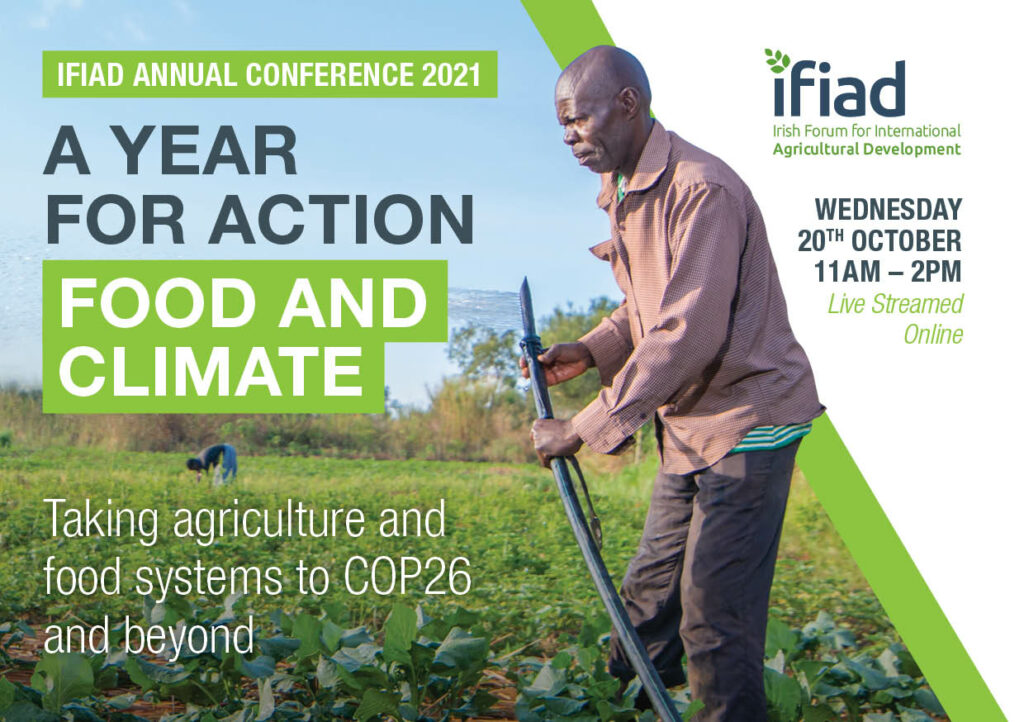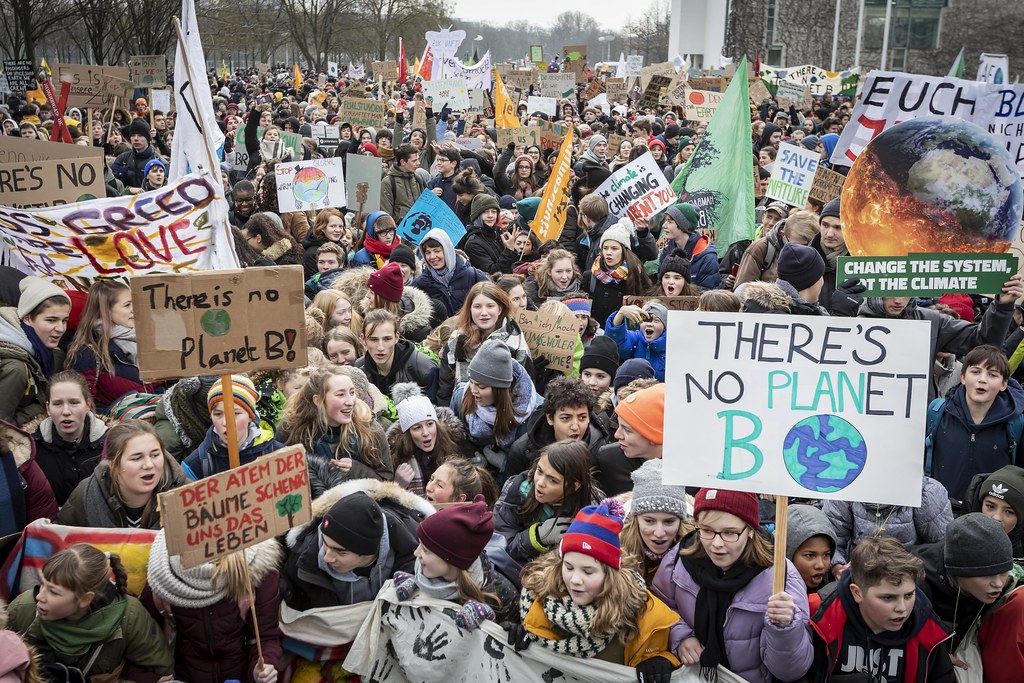
Although there were several achievements of last month’s COP26 in Glasgow, there were also many shortfalls and issues that were ignored. One of these issues is that of sustainable diets. The main priority of the COP26 conference is to ensure the goals of the Paris Agreement are kept alive, to keep global warming below 2°C or preferably, 1.5°C. What we eat plays a major role in achieving this goal. Reducing the global consumption of animal products is the single biggest way a person can reduce their carbon footprint. The United Nations say that the farming of livestock accounts for 14.5% of global greenhouse (GHG) gas emissions, and this is a modest estimate. This is the equivalent of the emissions produced by the transport sector, which had a whole day of the conference dedicated to it. With animal products taking up 60% of the menu at COP26, which activist group Animal Rebellion compared to “serving cigarettes at a lung cancer conference”, it seems that despite the weight of scientific evidence supporting the benefits of a shift towards plant based diets, the penny has yet to drop among those in decision making positions.
We can see that the topic of sustainable diets and dietary change is not at the top of the agenda by looking at the NDCs (Nationally Determined Contributions). Out of the countries that submitted their NDCs before the UNFCCC deadline of July 30th 2021, only Mexico and the UK mentioned dietary change, but made no reference to meat and dairy consumption. Other nations have acknowledged the need for changes in the food system, but focussed on reforming agricultural production to make it more sustainable through technological innovation rather than changing food consumption habits. The issue with this is that there are limits to how sustainable food production can be, particularly livestock farming and the subsequent impact it has on the environment (land use, deforestation, methane emmissions). Technological advancements will only have a small impact if our consumption patterns continue on as ‘business as usual’. We need policies that will focus on the reduction of livestock numbers rather than a focus on changing farming methods.
Other secors such as finance and energy were also allocated their own days, but there was no day dedicated to agriculture or food systems. Farming was discussed within Nature day and there was discussions about reducing deforestation, but little about reducing meat consumption, food waste and clear policies regarding changing agricultural practices or introducing subsidies to ease the transition for farmers to more plant based and sustainable farming. On Nature day, Thomas Vilsack, the US secretary of agriculture said that Americans do not need to reduce their consumption of meat to keep global warming under 2°C but suggests that livestock can be made more sustainable and methane emissions can be reduced by reducing livestock by 30%, using food additives and changing feed, and capturing methane for biogas. The most significant announcement made regarding agriculture and farming at the summit was the Global Methane Pledge. The US and the EU led the pledge and over 100 countries signed, committing to reduce methane emissions by 30% by 2030. Methane is one of the most potent GHGs, and while it only lasts in the atmosphere for decades as opposed to the centuries of carbon dioxide. It has significantly longer lasting effects on global warming. Although this pledge is a great step in the right direction, a study shows that only 18% of livestock producers measure even some of their methane emissions (Coller FAIRR Protein Producer Index, 2021). It will be interesting to see how the sector will overcome this barrier and achieve this goal by 2030.

Pro-vegan groups at COP26 noted that there was more discussion of meat at the conference than there was two years prior, but that policy was still inadequate and lagged far behind the current science. At the beginning of the conference, the UK dairy industry sets out to reach at least net zero on carbon by 2050. They aim to reduce methane and nitrous oxide emissions by adjusting their practices and identifying the key contibutors and barriers to GHG emission reduction and set a minimum standard for improvement across the industry. Efforts were made by campaigners at COP26 to have recommendations on a move away from animal based diets in the Koronivia report but it was not accepted by any of the countries and as such it did not make it into the final analysis.
Why does this matter?
Studies have shown that even if we reach all of our fossil fuel emission reduction targets, if we don’t change our food consumtion patterns and transform the food system, achieving the other climate targets will be increasingly difficult. A move to more plant based diets will not only have tremendous effects on GHG emission reduction but it also serves a multitude of public health and biodiversity benefits. So, what needs to happen next? Firstly, we need to consume less meat and dairy. Policy makers need to acknolwedge the link between production and consumption by adopting a food systems approach food systems approach that realises that consumption controls production systems. Governments also need to open the conversation about individual consumption patterns and do more to educate and support people to make better decisions for their health and the environment.
There needs to be better regulations in the agriculture and food sectors, to ensure that emissions are being accurately measured, subisidies should be provided to ease the transition for farmers to more plant based farming. There should also be more regulation on food packaging, informing consumers of the carbon footprint of various foods and clearly stating their nutritional values so that consumers are better equipped to make informed decisions.
More information:
https://unfccc.int/news/world-leaders-kick-start-accelerated-climate-action-at-cop26
https://foodresearch.org.uk/blogs/dietary-change-at-cop26-the-missing-ingredient/

